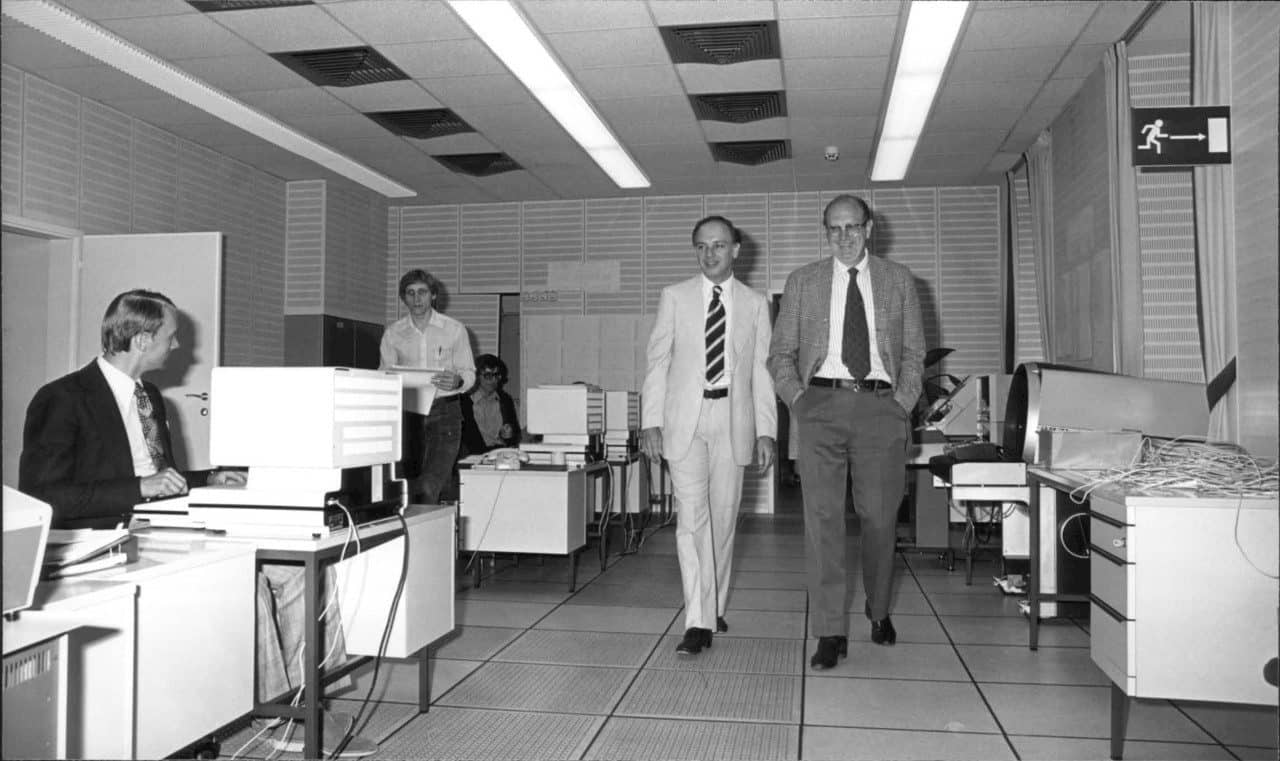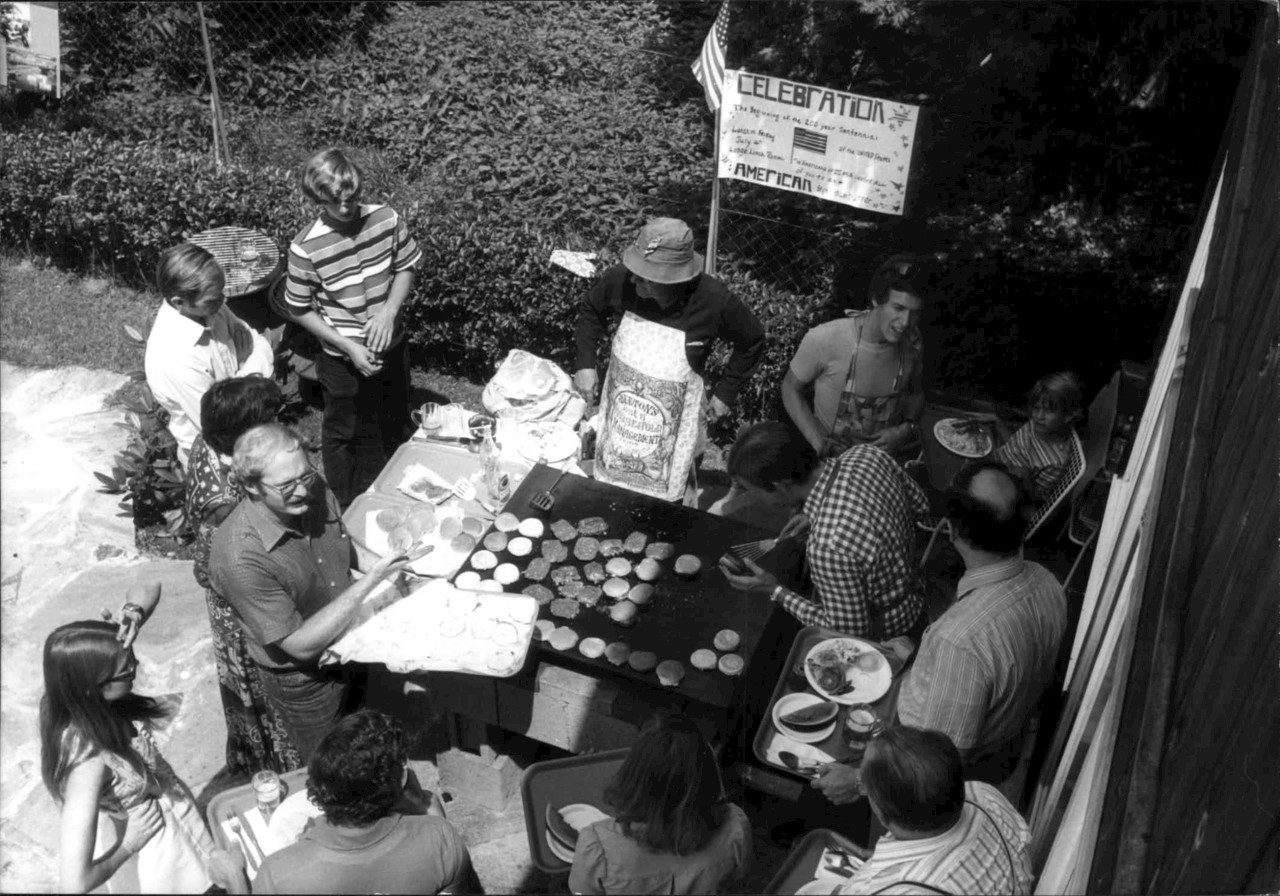Former IIASA Director Roger Levien started the Young Scientists Summer Program (YSSP) in the summer of 1977. After 40 years the program remains one of the institute’s most successful initiatives.
The idea for the YSSP came out of your own experience as a summer student at The RAND Corporation during your graduate studies. How did that experience inspire you to start the YSSP?
At RAND I was introduced to systems analysis and to working with colleagues from many different disciplines: mathematics, computer science, foreign policy, and economics. After that summer, I changed from a Master’s in Operations Research to a PhD program in Applied Mathematics and moved from MIT to Harvard, because I knew that I needed a broad doctorate to be a RAND systems analyst.
From that point on, I carried the knowledge that a summer experience at a ripe time in one’s life, as one is choosing their post university career, can be life transforming. It certainly was for me.
Why did you think IIASA would be a good place for such a summer program?
When I thought about such a program within the context of IIASA, it seemed to me that it would offer an even richer experience than mine at RAND. I thought, wouldn’t it be wonderful to bring young scientists from many nations together in their graduate-program years at IIASA. At that time, systems analysis was not well-known anywhere outside of the United States, and even there it was not very well known. In universities interdisciplinary research, and especially applied policy research, was almost nonexistent.
This would be an opportunity to introduce systems analysis to graduate students from around the world, who were otherwise deeply involved in a single discipline. It would be fruitful to bring them together to learn about the uses of scientific analysis to address policy issues, and about working both across disciplines and across nationalities.
What was your vision for the program?
I hoped that these students, who had been introduced to systems analysis at IIASA, would become an international network of analysts sharing a common understanding of international policy problems. And in the future, at international negotiations on issues of public policy, sitting behind the diplomats around the table would be technical experts, many of whom had been graduate students at IIASA, having worked on the same issue in a non-political international and interdisciplinary setting. At IIASA they would have developed a common language, a common way of thought, and perhaps working together at the negotiation they could use their shared view to help their seniors achieve success. A pipe dream perhaps, but also an ideal and a vision of what people from different countries and different disciplines who had studied the same problem with an international system analysis approach could accomplish.
The program is celebrating its 40th year. Why do you think it has been so successful?
I think there are many reasons for success. But for one thing, it’s my impression that just having 50 enthusiastic young scientists around brings an infusion of energy, which is a great boost to the institute. The young scientists also bring findings and methods on the cutting edges of their disciplines to IIASA.
What would be your advice to young scientists coming this summer for the 2017 program
It would be to engage as deeply as you can and as broadly as you can. This is an opportunity to learn about many things that aren’t on the curriculum of any university program. So, now’s the time to engage not only with other disciplines, but with people from other nations, to get their perspective. The people you meet this summer can be lifelong contacts. They can be your friends for life, your colleagues for life, and the opportunities that will open through them, though unpredictable, are bound to be invaluable, both professionally and personally.
This is a learning experience of an entirely different type from the typical graduate program, which goes deeper and deeper into a single discipline. You have a unique opportunity to go broader and wider, culturally, intellectually, and internationally.
IIASA will be celebrating the YSSP 40th Anniversary with an event for alumni on June 20-21, 2017.
This article gives the views of the interviewee, and not the position of the Nexus blog, nor of the International Institute for Applied Systems Analysis.



You must be logged in to post a comment.